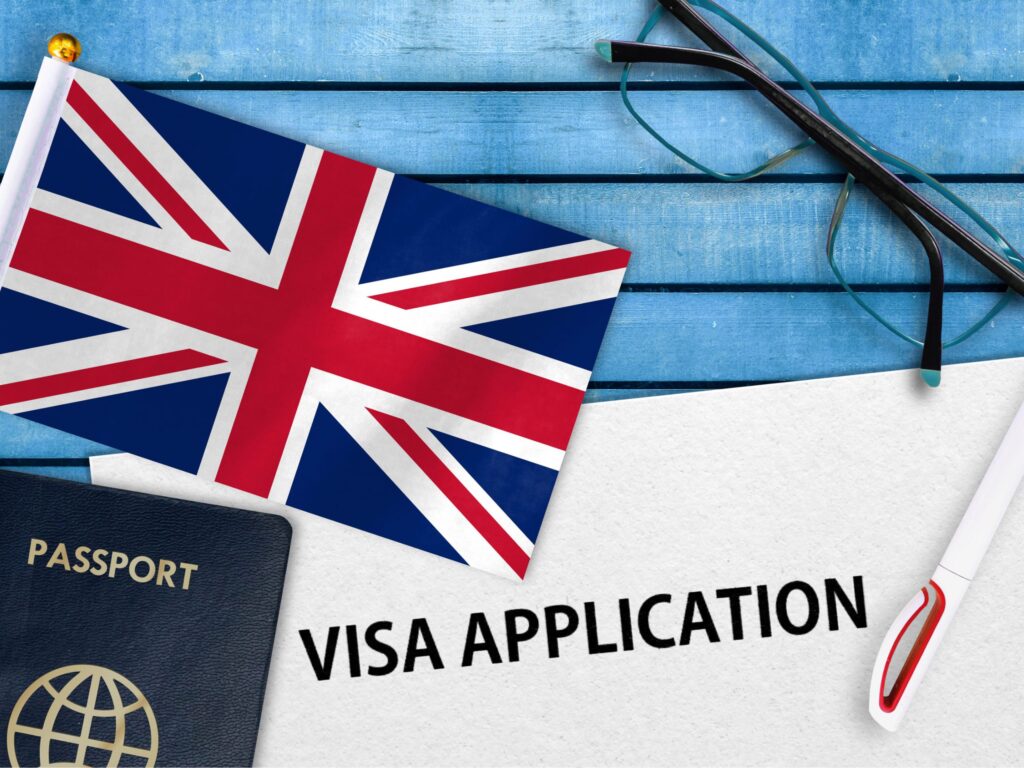This has been a topic of conversation for a while but since Friday the 31st of January 2020 at 11:00 pm, there has been little to no change. After that hour we started to get trickles of information on how life outside of Europe for the UK would pan out. Now years on we have a much clearer view of exactly how the land lies for working inside of the UK for those from Europe and how the future of European work looks for Brits – Long story short, it isn’t great!

Gone of the days of free movement and work, now skilled working visas are the only real option without a sponsorship. And now that the minimum salary for a skilled working visa is up from £26,000 to £38,700 per year (4th April 2024), its simile is unobtainable for many clubs, organisations, and staff, particularly in a seasonal or temporary position.
We get asked about UK visas a lot, and to be honest it’s the same rules for most countries outside the commonwealth (who have a Working Holiday Visa option typically for 12-36 months). So below I’ve out line the best options for obtaining a visa in the UK and explained exactly how they work.
How to Obtain a UK Work Visa or Permit
To work in the UK, most applicants will need a job offer from a licensed sponsor to secure a work visa or permit. Exceptions include specific visa routes such as the High Potential Individual (HPI) and Graduate visas, which do not require a job offer. Post-Brexit, EU nationals also need work visas unless they have Pre-Settled or Settled Status under the EU Settlement Scheme.
Types of UK Work Visas
Skilled Worker Visa
- For skilled professionals with a job offer from a licensed sponsor.
- Requires a Certificate of Sponsorship (CoS), eligible occupation, and meeting salary thresholds (generally £38,700 or more, with exceptions).
- Valid for up to 5 years, with a pathway to permanent residency (ILR).
Health and Care Worker Visa
- Tailored for healthcare professionals working in eligible roles within the health and care sectors.
- Similar to the Skilled Worker Visa but focused on healthcare occupations.
Scale-Up Visa
- For highly skilled individuals sponsored by UK scale-up companies.
- Requires a salary of £33,000 or more, sponsorship for the first application, and strong English skills.
- Offers potential for renewal and settlement after 5 years.
Temporary Worker Visa
- Short-term visa for specific roles, including charity, creative, seasonal, and religious work. Unfortunately not including Sports Turf.
- Requires sponsorship and proof of sufficient funds.
- Usually valid for 3 months to 2 years, with limited extension options.
Global Business Mobility Visa
- Includes five subcategories for foreign businesses operating in the UK, such as senior employees and trainees.
- Does not lead directly to settlement but allows for visa switching.
How to get a work permit for the UK without a job offer
It is possible to get a work visa or work permit in the UK without a job offer by applying for a High Potential Individual visa, Graduate visa, or Global Talent visa. While a job offer is not required, applicants will need to meet other criteria to make a successful application for an unsponsored work visa in the UK.
High Potential Individual Visa
- For recent graduates from top global universities on the approved list.
- Allows a stay of up to 2 years (3 years with a Ph.D.), with no job offer required.
- Not extendable but permits switching to other visa types.
Graduate Visa
- For international graduates of UK universities.
- Valid for 2 years (3 years for Ph.D. holders).
- Does not lead directly to settlement but allows visa switching.
Global Talent Visa
- For leaders or potential leaders in academia, arts, or digital technology.
- Offers flexibility, extensions, and a fast-track route to settlement (3 years).
UK Ancestry Visa
- For Commonwealth citizens with a UK-born grandparent.
- Valid for 5 years, with eligibility for ILR after this period.
- Other UK Work Permits
Additional routes include the Frontier Worker Permit, Youth Mobility Scheme, Overseas Domestic Worker Visa, and others. Business visas, such as the Innovator Visa and Start-up Visa, allow individuals to establish and work in their enterprises.
If you’re unsure which visa suits your needs, consult an immigration lawyer for tailored guidance.
You’ll see that based on the information about is very difficult to obtain a working visa in the turf management industry without either a high level of education or a family with citizenship within the UK. This is based on information collected from the government website in November 2024, things can and often do change so keep your eyes peeled!
References:
GOV.UK: Skilled Worker visa: eligible occupations
GOV.UK: Skilled Worker visa: going rates for eligible occupations
